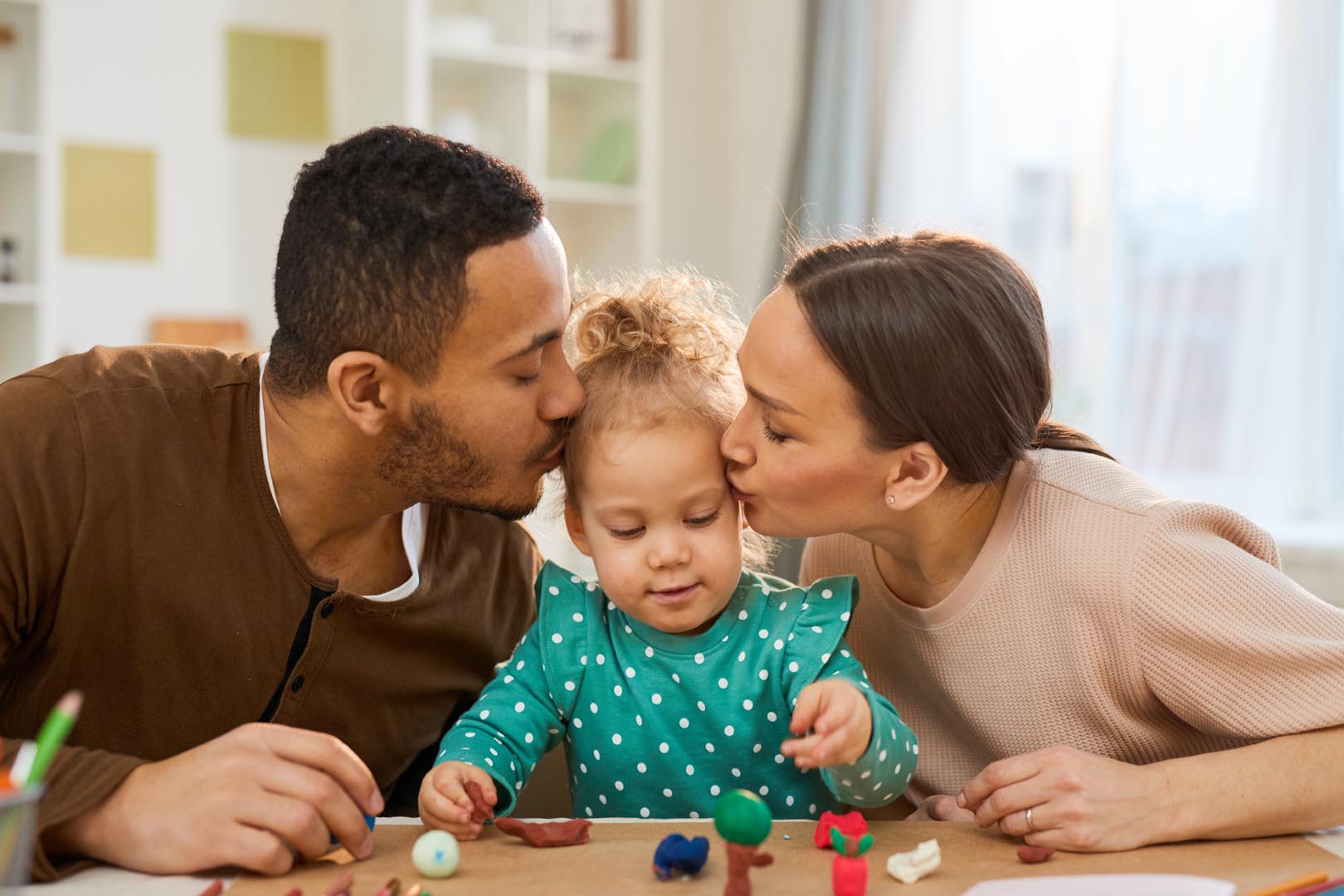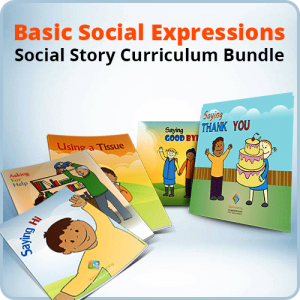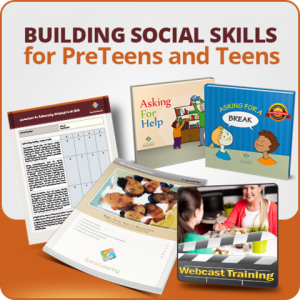Beginning a Life with Autism
Hearing that your child has autism is tough for any parent. There is hardly anything you could have done that could have prepared you for something as life-changing as autism. But now that it is here, now that it is confirmed you seem to be at a loss on what to do next.
Here at Special Learning, we would like to help you through this difficult time of acceptance and starting your new life with autism. We intend to help you cut through all of the associated stress, provide a clear pathway to informed decision-making, and establish the best for your family and your children.
Here is a guide on what you can do after your child has been diagnosed with autism:
Accept and embrace the truth. Make the most out of what can be done for your child. Admitting that there is a problem will help you to find appropriate help more efficiently. Of course, the grieving process may take a while but make sure that you do not dwell on the feeling that all has ended for you and your child.
Educate yourself about autism. It is best to read and ask about autism and how you and your family can best deal with it. The more you know about the nature of autism and how it will affect your child the easier your transition will be.
Do not rush into things. Seeking all treatments at one time right after the diagnosis has been made is not a wise thing to do. It is fairly normal for parents to immediately intervene after a diagnosis. Wanting to do something for your child right away is a parental instinct, but with autism, you have to take time to observe and study which type of intervention is best for your child. Sticking to the basic therapies such as speech therapy if your child has verbal and communication difficulties will help you avoid being overwhelmed with all the options available.
Stay calm and do not panic. Autism itself is not a life-threatening disorder.
Know your options and get help. Choose the appropriate treatment for your child. There is a fairly large amount of available therapies, treatments, and alternative ways that can help your child cope with his or her disabilities, but not all can be beneficial. Remember that every child is different. It is best to discuss this with your child’s primary healthcare clinician and also your family before actually starting a regimen for your child.
Getting your child started in an early intervention program is a good way to start. Every state has one. Contact or visit the website of the National Dissemination Center for Children with Disabilities (NICHCY) for more details. Learn about funding options to cover your expenses. Depending on your insurance policy, expenses for your child’s treatments may be one of the things they can pay for. Ask your insurance agent and seek options.
Be patient. Stock up on those patience bars for you will need a large amount of it when dealing with your child with autism. Losing your temper will not do anybody good.
Join a support group. Dealing with autism means dealing with an incredible amount of stress, anxiety, and grief for the first few months. You and your family would need someone to talk to.
Take a breather. Your child needs you, but you will need to take care of yourself too.
These are some of the basic points to help you get started on your journey with autism. It is one long, stressful, and sometimes overwhelming ride but as time passes it will become easier and you will be able to manage better.
Copyright © by Special Learning Inc. All right reserved.
No part of this article may be reproduced in any manner whatsoever without written permission except in the case of brief quotations embodied in critical articles and reviews. For information, contact Special Learning Inc., at: contact@special-learning.com








